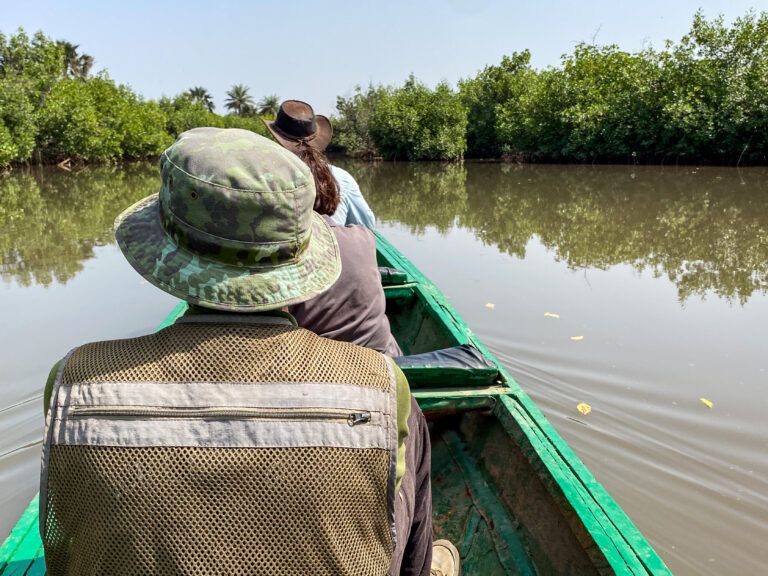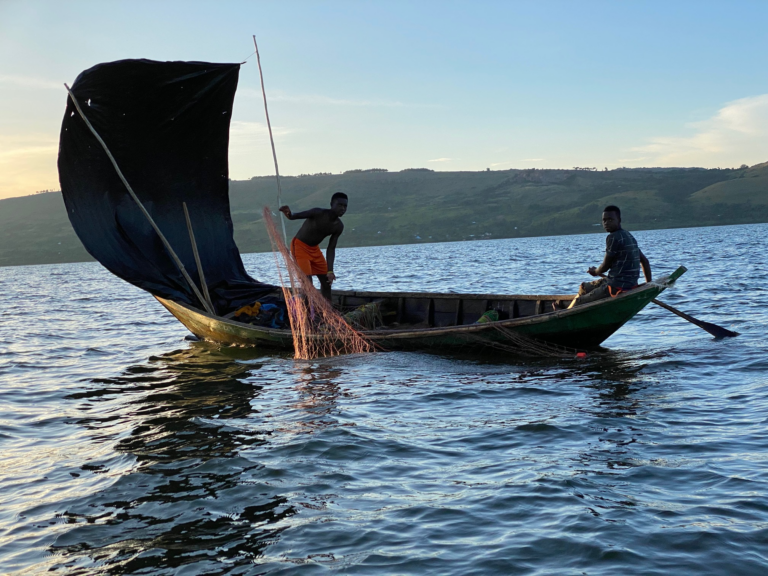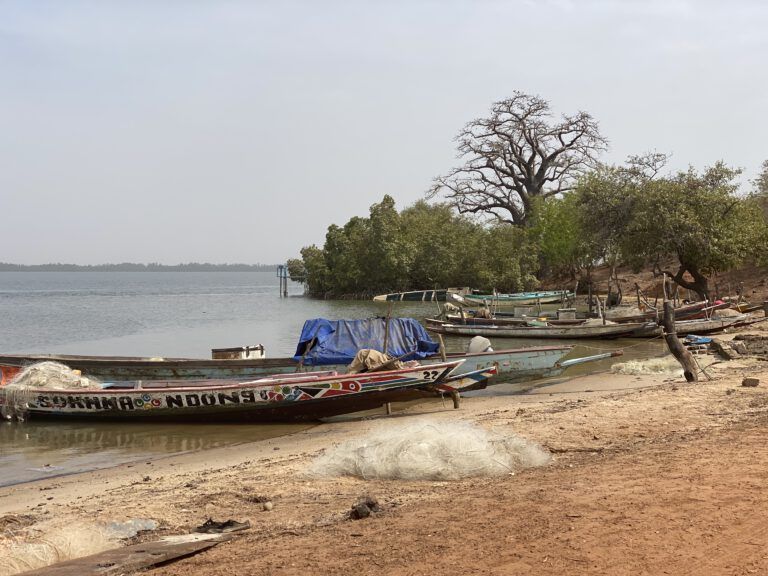e-mobility
Burning one litre of petrol in an engine or power generator produces around 2.4 kg of CO2. The conventional fossil-fuelled outboard motors of small boat fishermen, typically with 15 hp power, which can be found everywhere on the large central lakes of sub-Saharan Africa, the rivers and on the coasts, produce up to 10 tonnes ofCO2 per year and boat. It is estimated that there are several hundred thousand of these boats in sub-Saharan Africa alone, causingCO2 emissions of several million tonnes per year.
Another example: TukTuks – or bajaji as they are called in Tanzania – are a popular means of transport in cities. In Dar es Salaam alone, with a population of over 5 million, there are estimated to be more than 100,000 bajaji. These make a CO2 contribution in the order of 1 million tonnes per year.
Our solar-powered Powerhouse systems as charging stations in combination with our mobile, lightweight and portable VoltaMove2Go Powerpacks enable innovative and forward-looking e-mobility concepts on land and on water.
Sunedrive
In cooperation with our partner bw-electronics GmbH, we have provided a complete solution for a compact electric outboard motor with 48V battery (4.8 kWh) in the power classes 1.5 kW and 3.0 kW, a 6 kW variant is in preparation. Depending on wind and weather conditions, the range for a 1.5 tonne boat with the Sunedrive 3.0 is up to 40 km on one battery charge.
A first roll-out of 4 Sunedrive electric drives for tourist boats(bird watching) will take place in spring 2024 in The Gambia (West Africa) in cooperation with our local partner BenaBena The Gambia.


Sunewheels
In cooperation with our partner VoltaMove GmbH, we offer e-TukTuks (Bajaji) with an exchangeable VoltaMove2Go battery system on a 48V (4.8 kWh) basis for passenger or freight transport. The range in city traffic is approx. 120 km and can optionally be extended to up to 180 km, with a maximum speed of 50 km/h. The e-TukTuks can be used as a simple transport solution (500 kg payload) or alternatively as a refrigerated vehicle (T< 5°C) for the transport of perishable foodstuffs (e.g. fish, fruit, vegetables) or for the transport of medicines or blood reserves.
An initial roll-out of 10 e-TukTuks will take place in Dar es Salaam and Mwanza in summer 2024 in cooperation with local partners.



